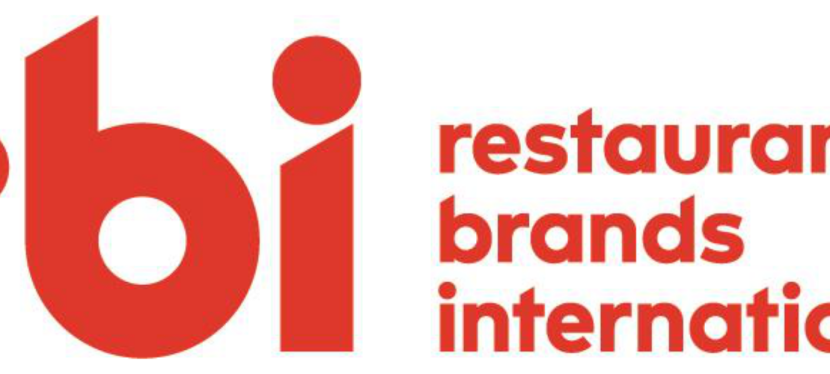On Monday night, Toronto was electric, not for the Restaurant Brands International (RBI) shareholder meeting, but for game five of the NBA Finals between the Toronto Raptors and the Golden State Warriors. If the Raptors had won, I worried that I might not sleep well given the ensuing revelry associated with Canada’s first NBA championship. Alas for Canada, but fortunately for my sleep, it was not to be on that night.
Restaurant Brands International, majority-owned by 3G Capital (a Brazilian-American investment fund with substantial ownership of Kraft Heinz and Anheuser-Busch InBev), includes the brands Burger King, Tim Hortons, and Popeye’s. Recent shakeups include a new CEO, José Cil, who took the helm in January.
Over the course of years, SGI has engaged RBI and its predecessors in dialogues. Recently, those dialogues have focused on deforestation concerns. In 2010, Burger King pledged to create a “rainforest policy to include all of its products.” However, nearly 10 years later RBI has yet to issue a comprehensive no-deforestation policy that properly addresses its direct operations and extended supply chain.

Deforestation, the permanent removal of standing forests, results in devastating consequences. It is the third largest driver of climate change. The destruction of trees and other vegetation can cause climate change, desertification, soil erosion, fewer crops, flooding, increased greenhouse gases in the atmosphere, and the incumbent problems for people near to and far from the actual place of deforestation.
Deforestation is also bad for business. It exposes corporations and investors to a wide range of operational, reputational, competitive, and regulatory risks. Companies that manage this risk likely will perform better in the long run. More than 500 global companies have made substantive commitments and the accountability for those commitments continues to improve.
The meeting itself took place in the new central offices of RBI at the Exchange Tower in downtown Toronto. RBI has a lower floor of the building. Emerging from the elevator, shareholders were received and documents were reviewed. In the next room, a larger space, chairs were aligned for the shareholder meeting with two podiums, one to each side of a small table with two chairs– one for Corporate Secretary Jill Granat and the other for CEO José Cil. Along another wall was an array of products from Tim Hortons: coffee, muffins, donuts, donut holes, and the like.
The agenda included the three common voting items: election of directors, the advisory vote on executive compensation, and the appointment of auditors. As well, three shareholder resolutions were on the agenda: a resolution related to workforce practices (put forward by the Atkinson Foundation and our ICCR colleagues, SHARE), our resolution (from the Capuchin Province of St. Joseph) on deforestation, and a resolution concerning plastic pollution and sustainable packaging (from our ICCR colleagues As You Sow). Later in the meeting, SumOfUs delivered a petition signed by 270,000 people and 500 shareholders concerning deforestation. (Their press release can be found here.) None of the three resolutions had a majority, an unsurprising outcome as 3G and Pershing Square own more than half of the company’s shares. The 8-K document filed with the Securities Exchange Commission show that SHARE garnered 26% of the shareholder vote at the AGM, and our resolution and the As You Sow resolution both netted about 22% of shareholder support. If one excludes the 3G Capital and Pershing Square votes, the deforestation resolution had 57% of independent shares in favor.

More striking to me as a participant in the meeting was the absence of the board of directors– not one of the elected members of the board attended the meeting. The first order of business in the meeting was their election. It is reminiscent of that meme: “You had only one job. . . ” Their absence suggests that, to them, the annual shareholder meeting is not an important company function.
RBI, according to Cil and company documents, aims to be the world’s “most loved restaurant brands.” The shareholders present at the annual general meeting are people who love this company, and board members did not see fit to hear from them, their fellow shareholders, about the direction of the company.
Similarly, RBI has ambitious, public goals for growth, from some 26,00 restaurants today to 40,000 restaurants in the next eight to 10 years. We’d like to see a similar ambitious, public goal to care for creation. Consumers will buy from a company that advocates for issues they care about. If RBI cannot make ambitious, public commitments to care for creation, those consumers will turn to companies that do.
The deforestation resolution filed with RBI for the 2019 shareholder meeting can be found here. The exempt solicitation concerning the proposal can be found here. The statement delivered at the shareholder meeting can be found here.


This is powerful information. Thanks. Ruth
Ruth Schaaf, O.P.
Socially Responsible Investments Coordinator
Sisters of St. Dominic – Racine Dominicans
5635 Erie Street
Racine, WI 53402
262-898-4094
[email protected]
LikeLike